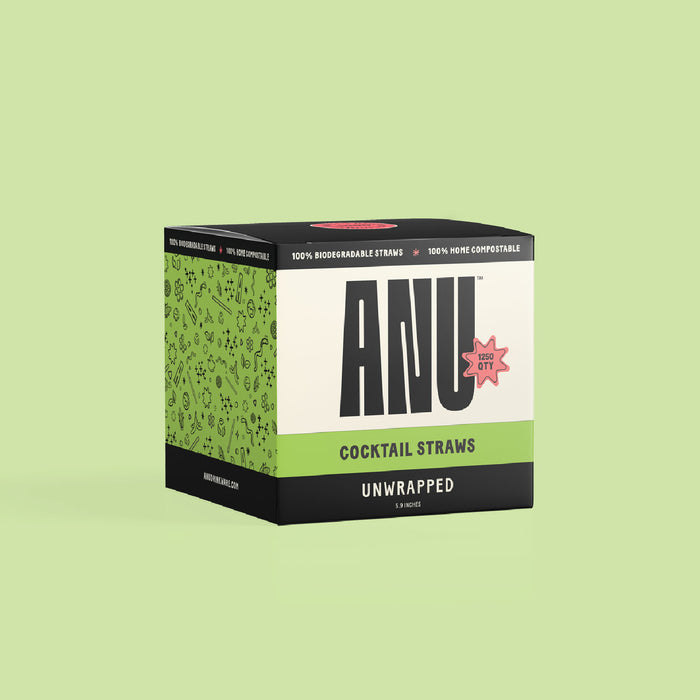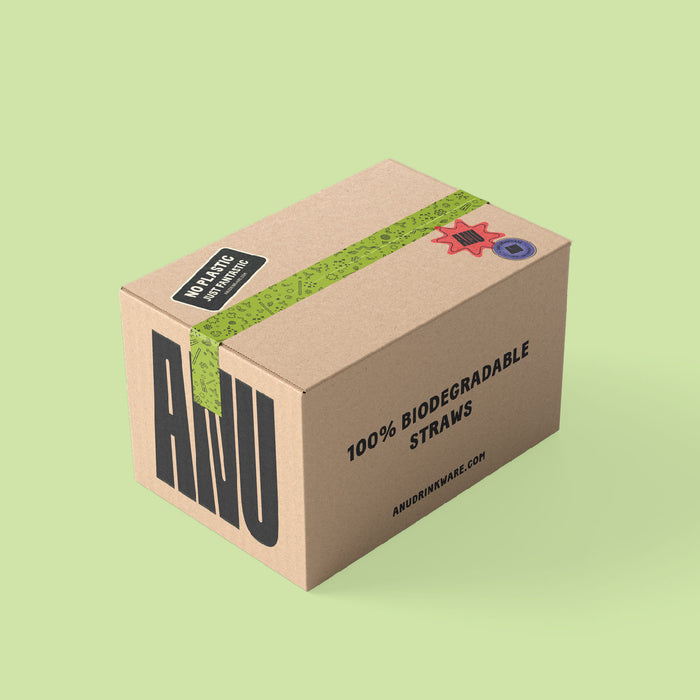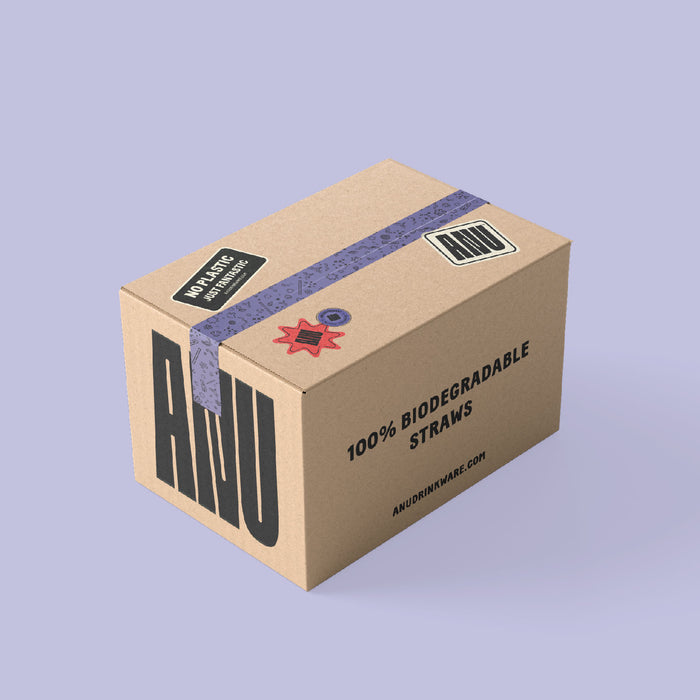

Emerging Trends in Sustainable Packaging for the Foodservice Industry
As the demand for eco-friendly products and services increases, foodservice establishments face growing pressure to reduce their environmental footprint. One critical area requiring attention is the packaging used for food and beverages. With traditional petroleum-based materials polluting landfills and oceans, the need for more sustainable solutions is evident.
In this article, we will explore the evolving trends and innovations in sustainable packaging for the foodservice industry. From cutting-edge materials like polyhydroxyalkanoates (PHA) to reusable containers and waste-reduction strategies, these advancements are redefining best practices and setting new standards for environmentally-conscious foodservice operations.
We will examine a range of innovative solutions that are proving to make a tangible impact on waste reduction and environmental preservation. Our discussion will cover topics such as the transition from single-use plastics to compostable drinkware and straws, the rise of reusable and refillable containers, and the development of packaging materials derived from plant-based and renewable sources. To provide further insights, we will also highlight the benefits and challenges associated with these sustainable packaging methods.
The Shift to Compostable Drinkware and Straws
One of the most notable trends in sustainable foodservice packaging is the transition away from single-use plastics toward compostable alternatives. Compostable drinkware and straws, particularly those made from innovative materials like PHA, represent a significant step forward in reducing plastic waste.
These compostable products offer the same convenience and functionality as their petroleum-based counterparts, but break down into harmless byproducts when disposed of in appropriate composting environments. By incorporating compostable cocktail straws, cups, and containers into their operations, foodservice establishments can significantly diminish their plastic waste output and contribute to a cleaner, healthier ecosystem.
The Rise of Reusable and Refillable Containers
In addition to compostable packaging, the foodservice industry is also witnessing a growing trend toward reusable and refillable containers. This shift is driven by consumer demand for sustainable alternatives and businesses seeking to minimize waste and cut costs in the long term.
Reusable containers, made from materials like glass, stainless steel, or durable plastic, can help reduce single-use packaging waste in foodservice establishments. Moreover, refillable containers and initiatives that encourage consumers to bring their own containers can foster sustainable practices among customers and boost loyalty towards eco-conscious businesses.
Development of Plant-Based and Renewable Materials
Sustainable packaging pioneers are increasingly turning to plant-based and renewable resources to create environmentally-friendly alternatives to traditional foodservice packaging. These materials, derived from sources like cornstarch, sugarcane, and vegetable oils, allow for the production of packaging options with a diminished environmental impact compared to petroleum-based plastics.
Notable examples include polylactic acid (PLA), a biodegradable polymer derived from fermented plant sugars, and the aforementioned PHA, which boasts superior compostability. Utilizing these plant-based materials can significantly contribute to the reduction of greenhouse gas emissions and promote a circular economy, where both packaging production and disposal have a minimal environmental footprint.
Waste Reduction and Recycling Strategies
As the foodservice industry embraces sustainable packaging, businesses are also exploring waste reduction strategies to minimize their impact on the environment. Implementing waste reduction measures enables establishments to decrease cost, waste, and carbon emissions while appealing to environmentally-conscious consumers.
Such strategies may involve incorporating recyclable or biodegradable packaging materials, promoting recycling within the establishment, or reevaluating portion sizes and inventory management to reduce food waste. Collaborating with suppliers and identifying packaging solutions that align with your waste reduction goals will ensure a more eco-friendly operation and ultimately contribute to building a greener image for your business.
Conclusion
The emerging trends in sustainable packaging are transforming the foodservice industry, paving the way for more eco-friendly practices that benefit both the environment and businesses. By harnessing advancements in compostable drinkware and straws, reusable and refillable containers, plant-based and renewable materials, and waste reduction strategies, foodservice establishments can position themselves at the forefront of sustainability and make a tangible impact on the fight against plastic pollution.
Embracing these sustainable packaging innovations is not only a smart business strategy, but also demonstrates a commitment to preserving the planet for future generations. Begin your sustainability journey today by exploring our range of compostable drinkware and straws made from cutting-edge PHA-based materials – the perfect starting point for creating a greener, more responsible foodservice experience. Contact Anu Drinkware today!



